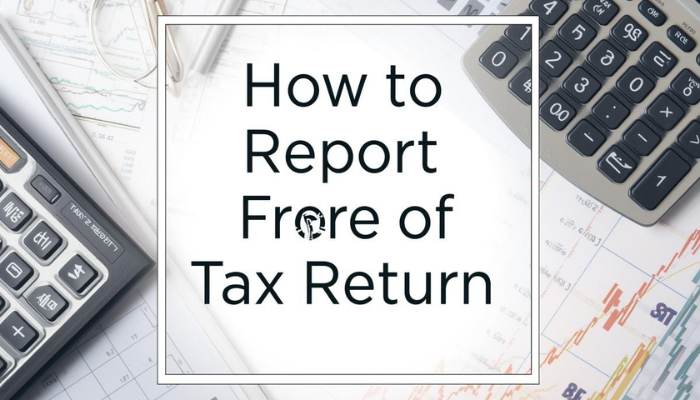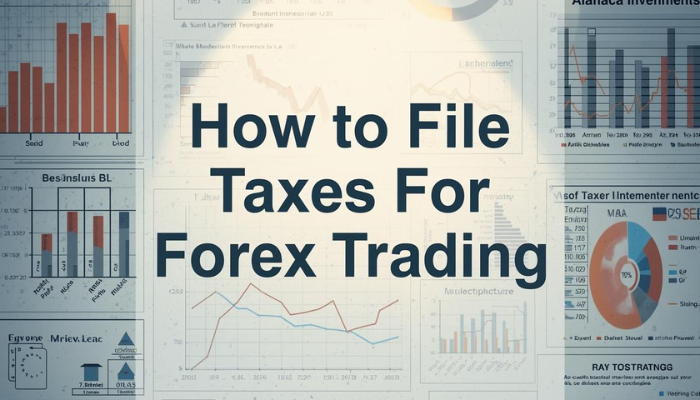
What is Excise Tax?
Are you searching for what is excise tax? Excise tax meaning: An excise tax is demanded by the government at the point of sale (POS) on some specific services or goods. Unlike international taxes, excise taxes are imposed domestically. Typical examples of products liable to federal excise taxes are:
- Tobacco products
- Airline tickets
- Motor gasoline
L&Y Tax Advisor further explains what is excise tax, its categories, how it works, and the liability criteria for categorizing you as an excise taxpayer.
How Does Excise Tax Work?
Businesses are generally responsible for paying state excise taxes. They frequently pass along to customers by raising the price of products. Retailers pay excise taxes to wholesalers and change the retail price accordingly. Consumers often do not see these taxes directly. However, some excise taxes (like property taxes) are paid by people.
The federal, state, and municipal governments can levy excise taxes. However, income tax is still the primary funding source. Businesses handling excise taxes must certify compliance with federal and state laws. They should file Form 720 – a Federal Excise Tax Return, quarterly.
Categories of Excise Tax
There are two basic types of excise taxes:
Ad Valorem Taxes
Ad Valorem taxes are levied on specific products or services at a percentage rate.
Specific Taxes
Specific taxes are a set monetary charge applied to certain purchases.
Some specific excise taxes are called ‘Sin taxes’. They are charged on products like alcohol and cigarettes because they are believed to have a detrimental societal influence.
Read about what is a VAT number in the US.
Who Pays Excise Tax?
Excise taxes are generally imposed on companies that sell particular products, like alcohol or fuel. Businesses must pay the tax. However, the higher costs are passed on to customers.
For instance, excise taxes are part of the price you pay when buying gasoline, even if you’re not aware of it.
What Is Federal Excise Tax?
The federal government levies excise taxes on particular goods and services. Unlike income taxes, these taxes are not paid directly by customers, even though retailers may include them in the price.
The following are subject to federal excise taxes:
- Petroleum
- Airline tickets
- Alcoholic beverages
Excise Tax vs. Sales Tax
The implementation of sales and excise taxes is different.
- A business pays excise tax, demanded on particular goods.
- Sales tax is levied on a wide range of products. Customers pay it as a portion of the purchase price.
How to Compute Excise Tax?
Excise tax is an imposed charge on a specific item (like alcohol, fuel, and other high-end goods). How to calculate it:
Basic Formula:
Excise Tax = Tax Base (Quantity or Value) x Excise Tax Rate
Steps:
- Find the taxable item: Verify to see if the item is in the category of excisable items (e.g., cigarettes, gasoline).
- Find the tax base: Some taxes apply to each unit (e.g., $1 per gallon of gasoline), and others rely on a specific amount.
- Calculate the tax amount: Multiply the amount by the percentage rate.
- Included in the Final Price – Companies typically charge consumers for this.
Example:
- Fuel Tax: 50 gallons x 0.50/gallon=**0.50/gallon=**25 excise tax**.
The tax rate for excise taxes varies depending on the country of origin and the type of product. Always verify local rules.
How Excise Tax Affects Businesses and Consumers?
The effects of excise taxes on both consumers and businesses are extensive. Businesses may find that these taxes raise the total cost of items supplied, especially in sectors that deal with:
- Luxury goods
- Fuel
- Alcohol
- Tobacco
This results in higher retail prices, impacting customer demand and buying patterns.
Excise tax compliance necessitates accurate record-keeping and timely filing. Businesses must also factor in administrative burdens. These taxes are often included in the final price. However, consumers may not always know them. That is why transparency and knowledge are crucial to learn about the actual prices of products.
Read: What is OASDI tax?
The Role of Excise Tax in Public Policy
Excise taxes are used as a strategic weapon in public policy in addition to generating income. Governments frequently levy higher excise taxes on goods that are seen to be hazardous to human health or the environment, such as:
- Cigarettes
- Sugary drinks
- Fossil fuels
Such strategies seek to finance:
- Infrastructure projects
- Environmental programs
- Health care programs
Excise taxes serve as a revenue source and a deterrent. It aligns budgetary policy with social objectives. To ensure that excise taxes promote ongoing national and community wellness, policymakers continuously review their frameworks to balance behavioral incentives and economic consequences.
The Bottom Line
Learning about what is excise tax reveals some hidden ways in which you might be already paying this tax. It is levied on some products. It is frequently transferred to consumers. Excise taxes influence product prices in various industries, whether they are transparent or hidden.
Connect with our tax consultancy services for further assistance regarding excise taxation matters.
Read More:


